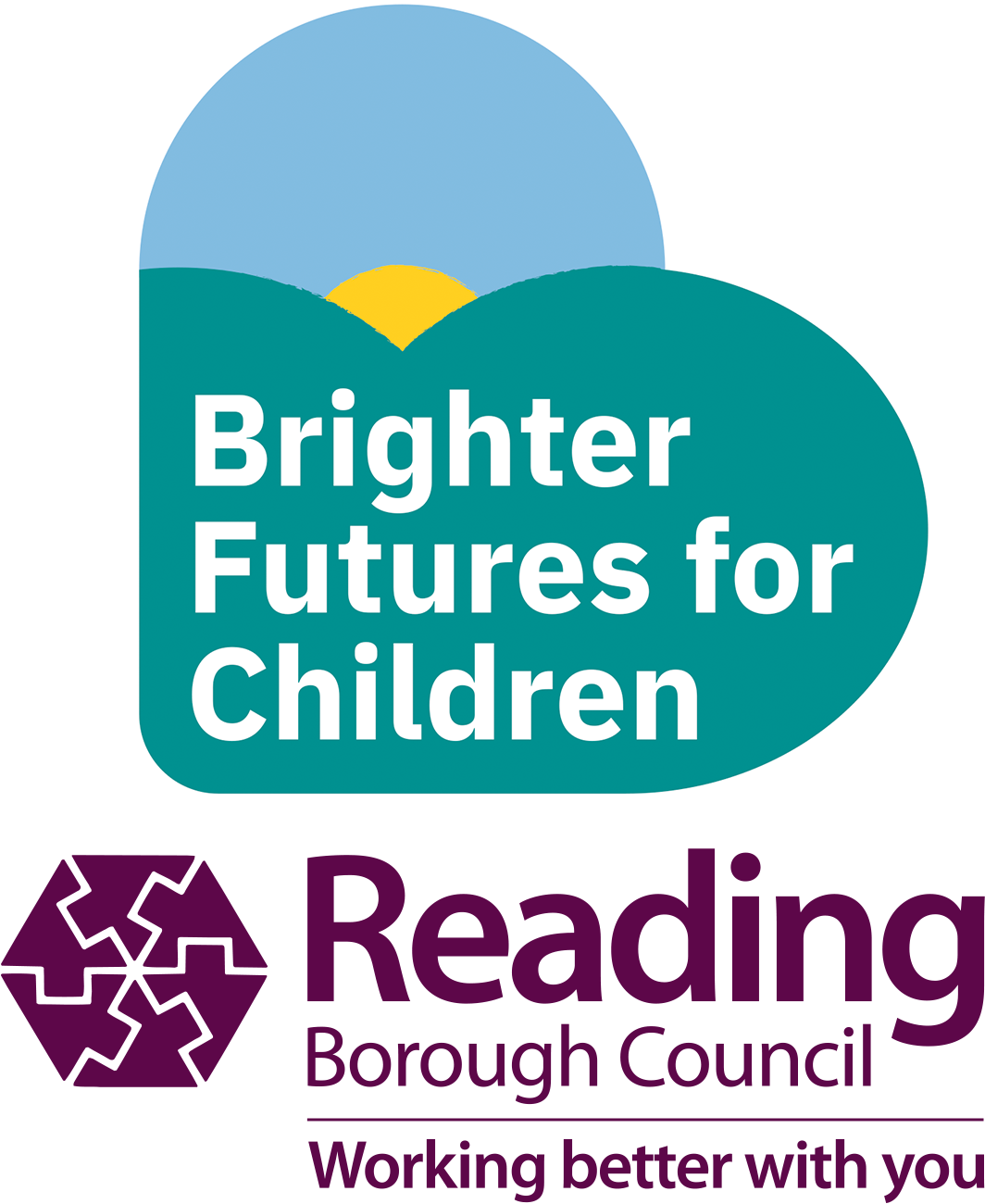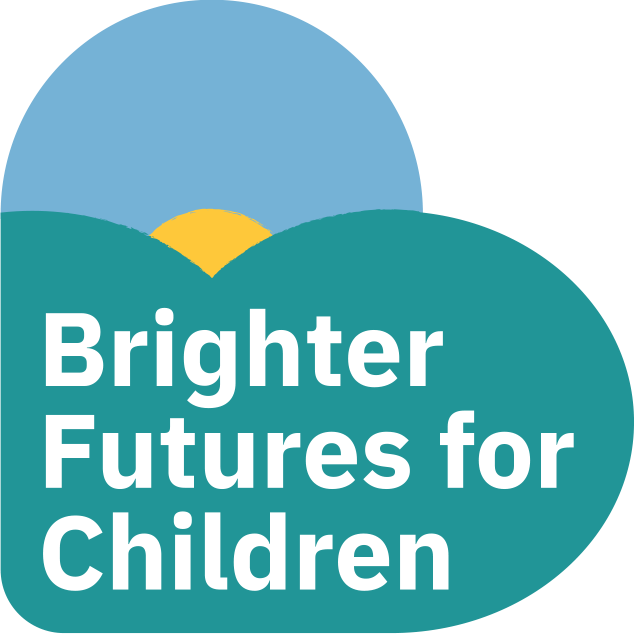- Home
- Professionals
- Traded services
- Attendance Support Service (formerly Education Welfare Service)
Attendance Support Service
We offer a range of attendance support services (formerly education welfare) and work alongside our partners in the wider early help community to support children, young people and their families
Regular attendance at school is vital to help children achieve the best start for their future and to help them achieve positive lasting outcomes. Children who frequently miss school often fall behind and risk missing out on their potential.
There is a strong link between regular school attendance and achieving good educational outcomes, including strong grades at GCSE.
The benefits of being in school are not just about exam results. When children miss school they don’t just miss lessons, they also lose out on opportunities to build and form important friendships and experience valuable moments with their peers and teachers. Attending school can support them in learning how to build successful relationships, a skill that will last them a lifetime, well beyond school years.
Support we offer
Our Attendance Support Service works closely with schools in Reading to address school attendance issues.
Attendance support officers help children and young people and their families to maintain and improve attendance in school and work with other professionals to address any issues impacting on education, signposting to other relevant support where needed.
Contact the Attendance Support team on 0118 937 3343 or by emailing AST@brighterfuturesforchildren.org.



